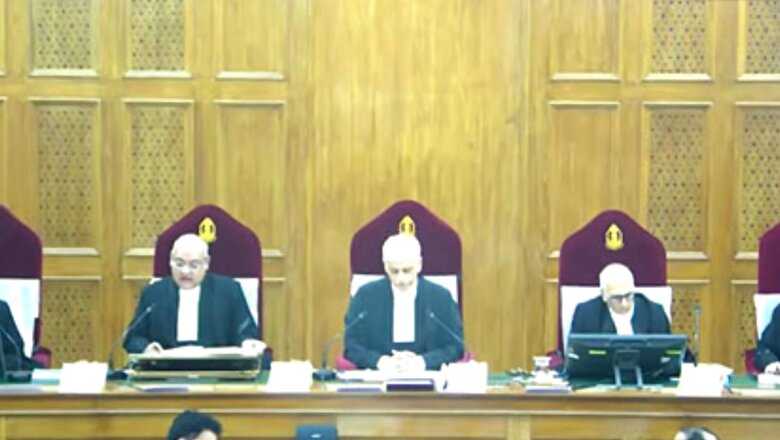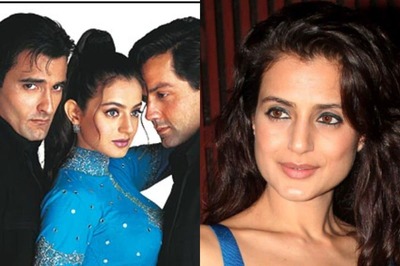
132
views
views
The five-judge bench upheld the 10 percent reservation quota for persons from economically weaker sections (EWS) in admissions and government jobs
The Supreme Court on Monday, in a 3:2 ratio judgement, upheld the 10 percent reservation quota for persons from economically weaker sections (EWS) in admissions and government jobs, ruling that it does not violate the basic structure and the equality code.
Here are the top five points from the ruling:
- The five-judge bench was headed by Chief Justice Uday Umesh Lalit and comprised Justices Dinesh Maheshwari, S Ravindra Bhat, Bela M Trivedi, and J B Pardiwala. While CJI Lalit and Justice Bhatt dissented against the EWS quota, the other three judges ruled in favour, leading to a 3:2 ratio judgement.
- In his conclusion, Justice Dinesh Maheshwari said that “reservation on economic criteria does not violate basic structure.” The ceiling limit of 50 percent is not inflexible, he added.
- Justice Bela Trivedi gave a concurring opinion to Justice Maheshwari and agreed that the 103rd amendment is not violative of the basic structure. “At the end of 75 years of our independence, we shall revisit the reservation system,” she said.
- Justice J B Pardiwala also concurred with Justices Maheshwari and Trivedi. “Reservation isn’t the end, it shall not be allowed to become vested interest,” he said.
- Justice Ravindra Bhat dissented and said, “103rd amendment deludes us to believe that those having benefits of backward classes are somehow better placed.” Excluding SCs, STs, OBCs from this amendment is unconstitutional, he added.
Read all the Latest India News here




















Comments
0 comment